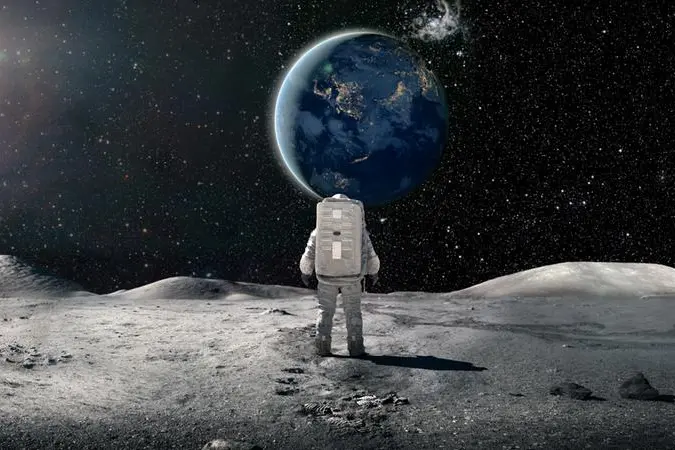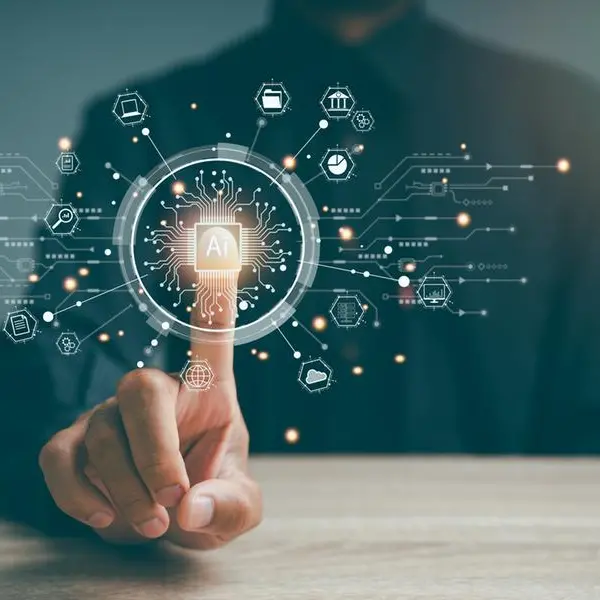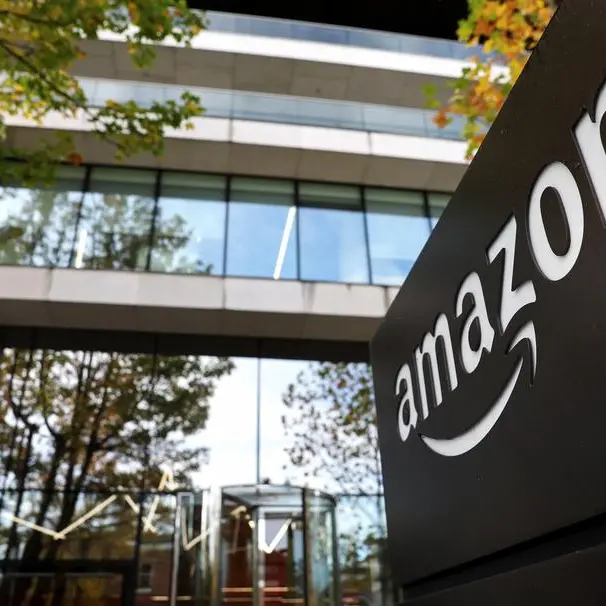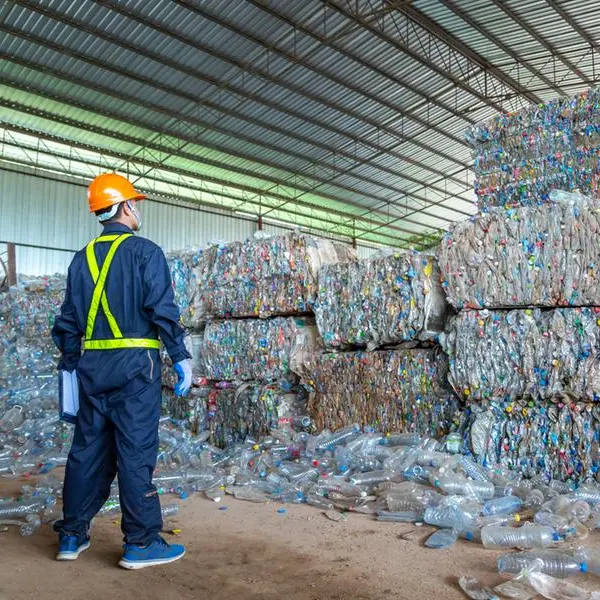PHOTO
UAE astronaut Sultan AlNeyadi, who is now on the second week of his six-month space mission, tweeted a new video on Wednesday explaining the “world of exploration” aboard the orbiting International Space Station.
AlNeyadi noted: “Aboard the ISS, we enter the world of space exploration. A world in which we innovate and make new scientific discoveries. The ISS is not only a home for astronauts but a lab that advances our understanding of the universe and pushes the possibilities of human exploration.”
In the two-minute video, AlNeyadi is seen floating inside the Columbus Laboratory Module, a pressurised laboratory measuring 22.6 feet in length and 14.7 feet in diametre, that is used by the ISS crew to conduct a wide variety of research in a weightless environment.
Speaking in Arabic, AlNeyadi said: “Why do we conduct experiments? All these help us in our daily lives. For example, they help us develop tools and materials that can be used on a daily basis as well as modify plants to increase their production.”
Last week, AlNeyadi began his six-month research mission by harvesting tomatoes. ISS crew conduct a space botany study as part of "the next step in efforts to address the need for a continuous fresh-food production system in space".
Deep space travel
Alneyadi noted astronauts like him also serve as study subjects for scientific experiments. “We participate in studies on osteoporosis, DNA mutations, as well as blood vessels, and their changes (in microgravity),” he explained.
“Our aim is to understand the effects of zero gravity on humans and the potential dangers of deep space travel,” AlNeyadi continued, expounding: “As you know there are plans to return to the Moon and even venture to Mars for the first time.”
Microgravity environment
Meanwhile, Dimitra Atri, astrophysicist at New York University in Abu Dhabi, explained to Khaleej Times why research is conducted in micro or small gravity.
He said: “The microgravity environment on the ISS enables research leading to better production techniques and products. Microgravity affects a variety of processes, including crystal formation, fluid mixing, gas-liquid separation, heat transfer, solidification, and combustion, which advances study in the field of materials science.
“These processes are key to production processes on Earth. Testing and validation of various materials and simultaneously exposed to these harsh environments has produced data that has made it possible to manufacture durable parts that are utilised both on Earth and in the most advanced satellites and spacecraft,” he added.
Atri further explained that “the understanding of the human body as a whole is greatly enhanced by information on how various organs respond to the microgravity environment and how specific biological functions vary in the absence of gravity.”
Robotic surgeries
Furthermore, robotic instruments that aid in delicate surgeries on Earth are also powered by the same technology that powers the robotic arm that built the ISS. “This technology will soon be implemented on Earth for greatly improving surgeries involving brain tumour, breast cancer, and eyes among others,” Atri added.
“Kidney stones and bone mass loss are also a major concern in a microgravity environment and decades of research in this area has led to improved medicines to tackle these diseases here on Earth,” he continued.
Atri noted a new drug compound and a drug delivery method intended to prevent, delay, or even reverse muscle breakdown both in space and on Earth will be the subject of an experiment on board the ISS.
Medical breakthroughs
For Dr. Gunjan Mahajan, specialist clinical pathology at International Modern Hospital Dubai, experiments on ISS contribute to medical breakthroughs, particularly in fighting diseases.
“AlNeyadi will cover various experiments which will improve our understanding of fluid dynamics, immune system, cardiovascular system, and more, which will lead to innovations and breakthroughs in all these fields and ultimately will improve the quality of life,” Mahajan told Khaleej Times.
She noted: “The ISS is home to investigations into life, the universe and everything in between.”
Copyright © 2022 Khaleej Times. All Rights Reserved. Provided by SyndiGate Media Inc. (Syndigate.info).





















